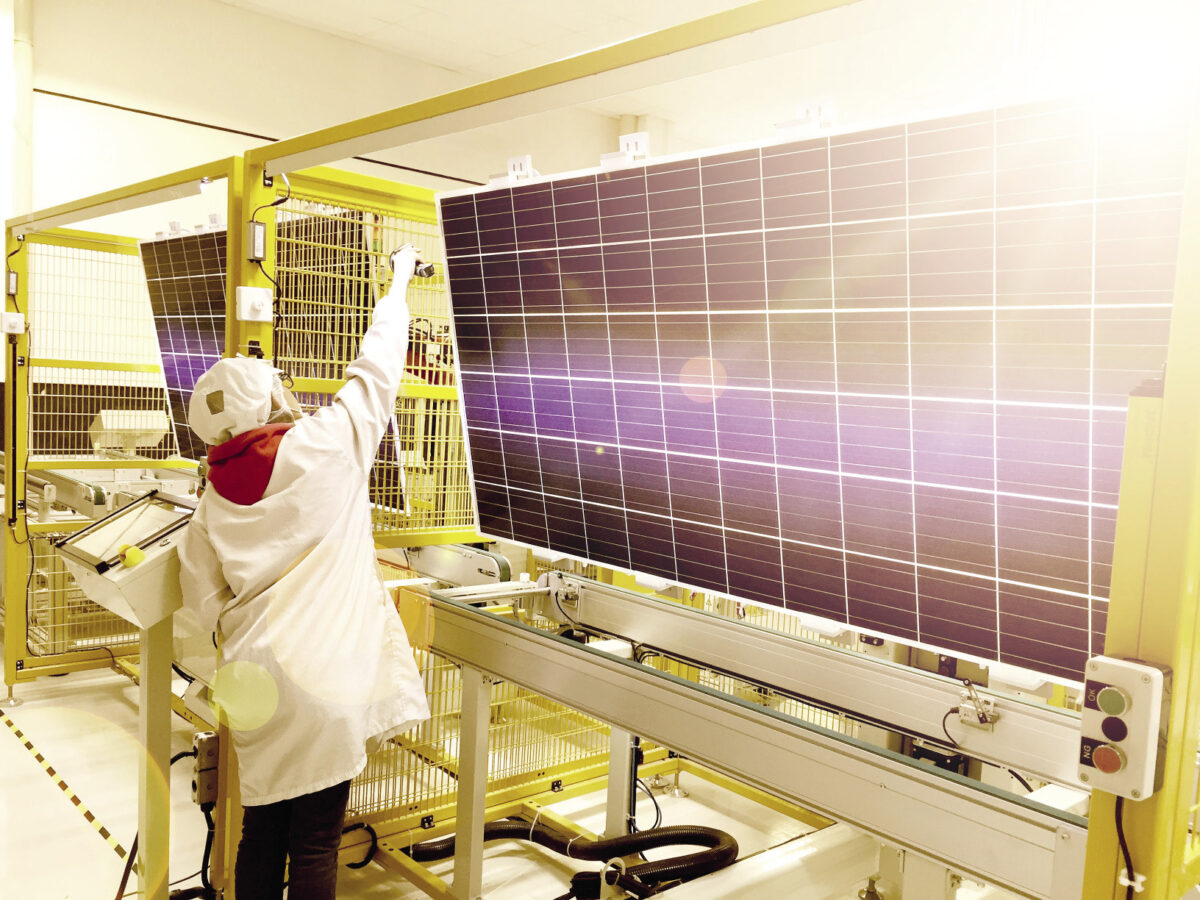From pv magazine International
Chinese module maker Trina Solar has filed a complaint for patent infringement in the US District Court for the District of Delaware lawsuit against three unspecified units of competitor Canadian Solar.
Canadian Solar has revealed that the patent litigation involves two unspecified US patents held by Trina related to TOPCon solar module technology.
“Canadian Solar respects and takes very seriously its own intellectual property rights and those of third parties,” said Adam Walters, general counsel Americas for Canadian Solar’s modules and systems solutions business. “In our view, this is a frivolous lawsuit, and we expect the court will find that our proprietary TOPCon technology does not infringe on the patents claimed by Trina.”
Canadian Solar has recently faced similar patent claims in the United States. In March, Singapore-based Maxeon filed a patent infringement lawsuit against the company in the US District Court for the Eastern District of Texas.
Maxeon previously sued Canadian Solar in Japan for patent infringement in 2020. In the lawsuit, Maxeon alleged that Canadian Solar Japan infringed upon its Japan Patent No. JP6642841B2, which is related to its shingled solar modules. The two companies reached a settlement in April 2022.
In addition, PV manufacturer Solaria has filed three different patent infringement claims against the company in the past, all related to the process of separating photovoltaic strips from solar cells for use in shingled modules.
Earlier this month, Trina Solar filed a complaint with the US International Trade Commission (ITC), alleging that Runergy and Adani Green Energy had improperly imported and sold projects that infringe on its patents for TOPCon solar cells.
Trina Solar holds more than 2,000 patents, including for TOPCon and heterojunction (HJT) solar cell types. It is currently developing a 5 GW manufacturing base in Wilmer, Texas.
This content is protected by copyright and may not be reused. If you want to cooperate with us and would like to reuse some of our content, please contact: editors@pv-magazine.com.









By submitting this form you agree to pv magazine using your data for the purposes of publishing your comment.
Your personal data will only be disclosed or otherwise transmitted to third parties for the purposes of spam filtering or if this is necessary for technical maintenance of the website. Any other transfer to third parties will not take place unless this is justified on the basis of applicable data protection regulations or if pv magazine is legally obliged to do so.
You may revoke this consent at any time with effect for the future, in which case your personal data will be deleted immediately. Otherwise, your data will be deleted if pv magazine has processed your request or the purpose of data storage is fulfilled.
Further information on data privacy can be found in our Data Protection Policy.